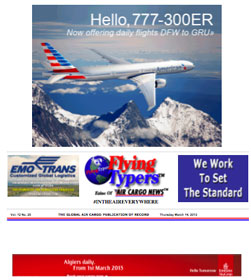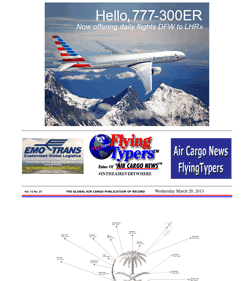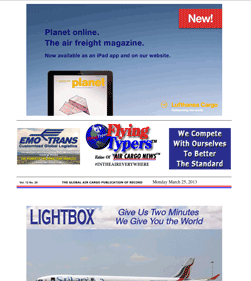Jürgen
Weber, Chairman of Lufthansa's supervisory
board, got stuck in a TSA queue recently
and was none too pleased, saying that
the security line for a morning flight
to Washington from New York's LaGuardia
airport was hundreds of yards long. |
|
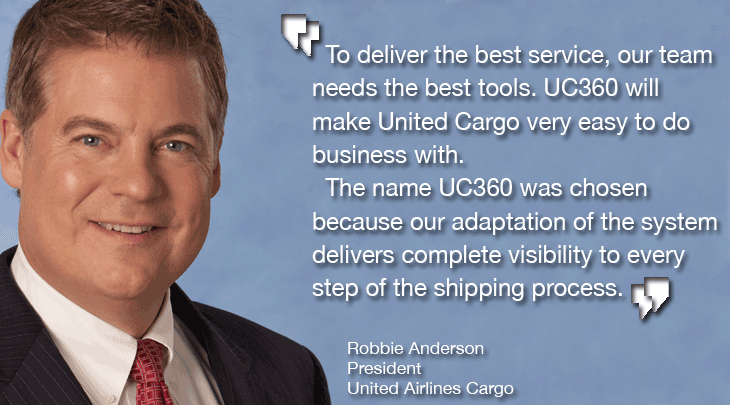 |
So U.S. Customs
wants to make a statement about the
sequester by taking it to the consumer,
and for air cargo a brightening business
cycle is muted with slower clearances
and other yet to be discovered nasties,
including, perhaps, pulling resources
from cargo to support passenger operations
once the howling begins.
But for
United Airlines Cargo, integration initiatives
of the past few years seem to be fading
in the rear view mirror as a recharged
and very clearly marked avenue to the
future emerges.
Robbie
Anderson’s office is on the 17th
floor of the distinctive downtown Chicago
skyscraper once called “The Sears
Tower” and now branded “The
Willis Tower.”
Getting
next to Robbie these days is like being
up close and personal with a dynamo—the
guy is a complete powerhouse executive
with what might be the most exciting
job anywhere in the air cargo business,
if not the most challenging.
By his
words and the way he carries himself,
Robbie Anderson appears not only up
to the job, but enjoying every second
of the ride.
Good energy
swirls around the 17th floor cargo headquarters
as one great airline steps out into
this next era: United Cargo for the
new age.
Maybe
part of it is the move from Elk Grove,
the big former UA headquarters complex
near O’Hare Airport that was spread
over acres of land so vast, people could
occasionally be seen roller-skating
to meetings between offices in the giant
complex.
Whatever
the drivers, putting together two airlines’
cargo businesses with their own distinctive
cultures was no walk in the park, and
Robbie admits right at the top that
“our quality suffered.”

“But
we are confident that we turned the
corner by integrating both airlines
on a single AWB last December. And we’re
very excited that later this year, our
technology will take a giant leap forward
with a sensational advanced IT system,
branded ‘UC360’.
“UC360
is United’s adaptation of the
Mercator SkyChain solution that we are
currently testing and customizing to
our particular needs.
“We
think the system is the best anywhere,
and we need to make sure it’s
ready and right before we deploy it.
The training phase is in full swing,
and we’re getting ready to train
over 4,500 warehouse agents worldwide.
“Interestingly,”
Robbie pointed out, “prior to
the merger, both Continental and United
Cargo were studying the Mercator SkyChain
solution.
“If
you look at the data from the recent
WCS in Doha, the top three airlines
in the world from a technology perspective—Emirates,
Swiss, and Virgin—are all utilizing
a version of Mercator SkyChain.
“To
deliver the best service, our team needs
the best tools. UC360 will make United
Cargo very easy to do business with.
“The
name UC360 was chosen because our adaptation
of the system delivers complete visibility
to every step of the shipping process.
“As
an example, UC360 will reduce billing
errors up front so there are fewer discrepancies.
When there is an issue, UC360 will generate
an electronic CCA. This streamlined
resolution is not available in our systems
today.
“Another
aspect to our business that will have
immediate and continued impact is resuming
the integration of Boeing 787s into
our fleet. Now that the battery issues
are resolved, we’re preparing
to get that aircraft back into the skies.”
Robbie
says that the battery issue, while grounding
a half dozen of the 50 B787s UA ordered
(with options for more), “was
never a problem for us.”
In any
case, with everything else going on
he is obviously relieved that the much-anticipated
airplane will finally get into service,
with Denver to Tokyo scheduled to commence
May 12, offering an immediate and interesting
new avenue to stream air cargo.
“We
are also looking at B787 to further
energize our service to markets like
Latin America where we do very well,
but are constrained because of available
lift.”

“We
know we need to address the remnants
of last year’s shift in market
share.
“We
realize that during this integration
we have not been easy to do business
with.
“Before
we went to ‘Cargo Day One’
last December, with a single AWB and
all our capacity in one system, just
being able to take advantage of our
vast network on six continents was complicated
as schedules were difficult to decipher.
“It
was a real tough sell for our sales
team as moving between Continental metal
and United metal was a pain for our
operations—in some cases more
difficult than interline transactions.
“It
was tough on our customers and our people,
so we lost some market share.
“But
I don’t blame our customers.
“When
a route is under construction, you take
a detour.
“The
hope, and our message, is: the construction
is finished, so please come back.
“We
need to get back our fair share of the
market, especially in North America.
But we feel with the quality of our
team and the major investments we’re
making in our service, we are on our
way to doing just that.”
Speaking
of market share, mentioning that the
AA & USAir merger may result in
similar metal route swap issues provokes
a flickering smile and the remark: “We
wish them good luck.
“The
AA/US merger will be good for the industry
long term,” Robbie said.
“We
have seen consolidation of capacity
bring much more rationale into the marketplace.
“But
at the beginning and end of the day,
our people and our products drive our
business and ultimately, our profit.
“We
continue to build our ranks with the
best and brightest, advancing our employees
and bringing new people into United
Cargo.
“It’s
all about the future here and from this
point forward we expect to meet and
exceed our customers’ expectations,
and our own as well.”
Geoffrey/Sabiha/Flossie
Bettina
Jansen, Head of Environmental Management
at Lufthansa Cargo puts the air out
there like this:
|
|
|
|
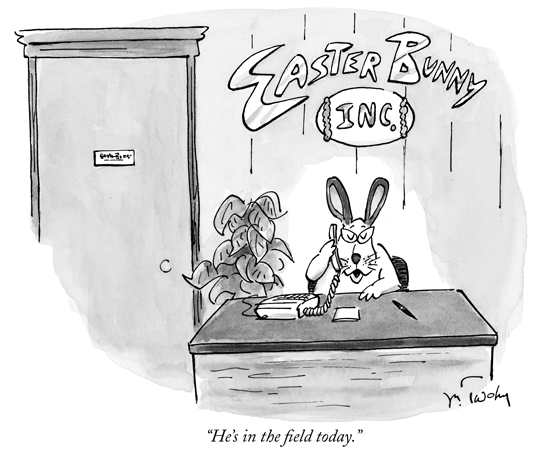 |
It’s
approaching the end for Lufthansa
Charter Agency as a stand-alone company,
as another typically cold and leaden-gray
sky day blankets Frankfurt this week.
|
Get
On Board Air Cargo News FlyingTypers |
 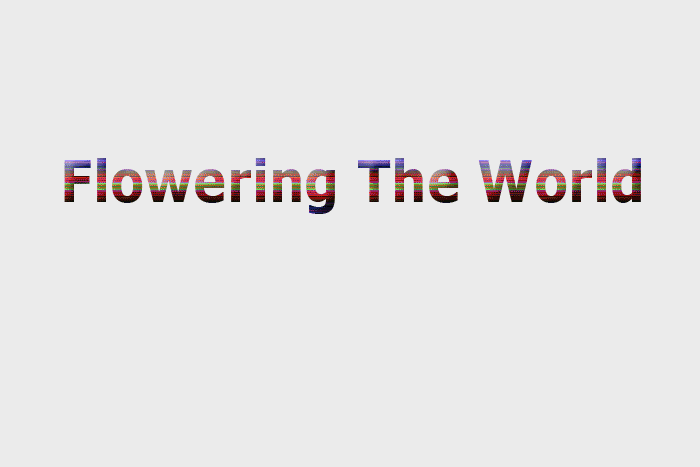
|
If
You Missed Any Of The Previous 3 Issues
Of FlyingTypers |
|||||
|
|||||
FT031813 |
FT032513 |
||||
|---|---|---|---|---|---|


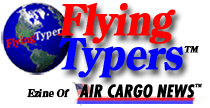
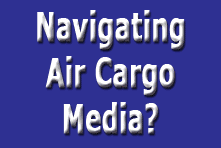
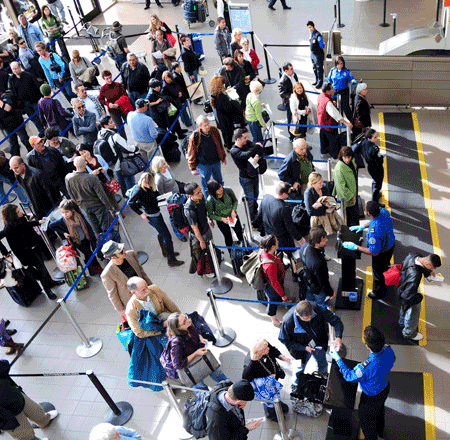

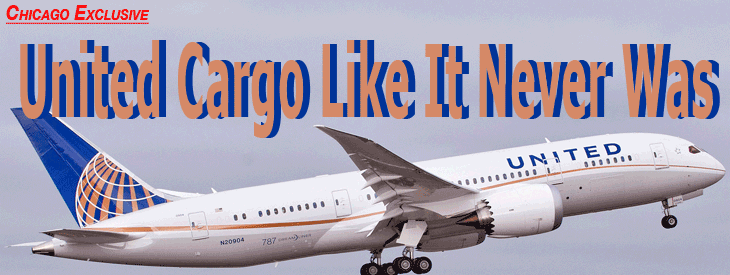

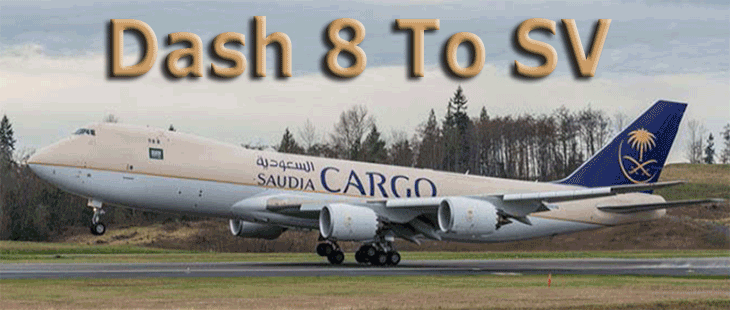
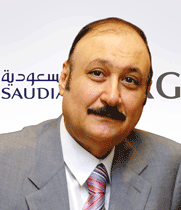 Jeddah
– March 26, 2013. Saudi Airlines
Cargo Co. has added two 747-8F aircraft
to its current fleet, bringing the total
number of freighters operated by the
company to fifteen.
Jeddah
– March 26, 2013. Saudi Airlines
Cargo Co. has added two 747-8F aircraft
to its current fleet, bringing the total
number of freighters operated by the
company to fifteen. 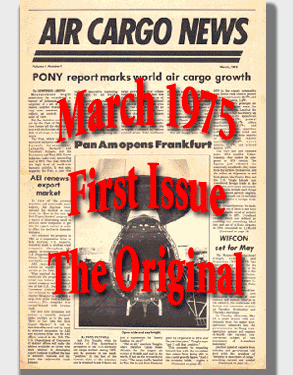

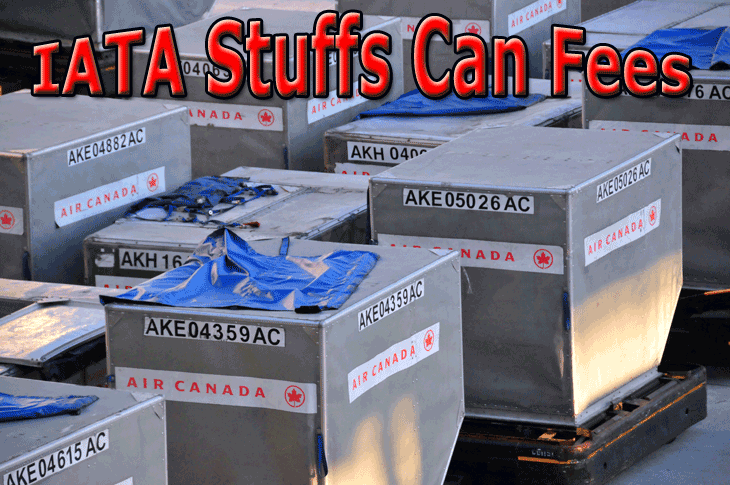
 hen
it comes to air cargo pallets and containers,
historically non-airline ULD owners
could use IATA two-character designators
for their ULDs as long as they were
members of the IULDUG.
hen
it comes to air cargo pallets and containers,
historically non-airline ULD owners
could use IATA two-character designators
for their ULDs as long as they were
members of the IULDUG.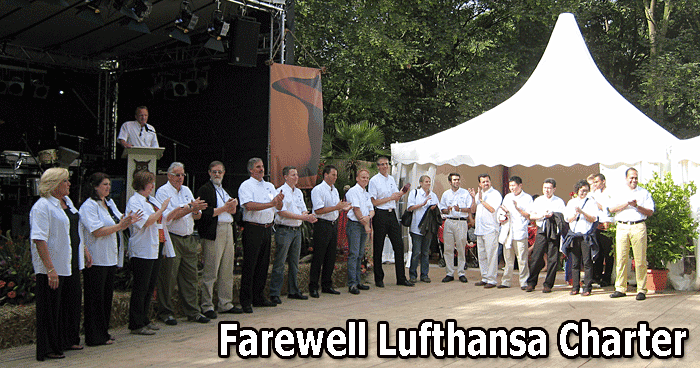
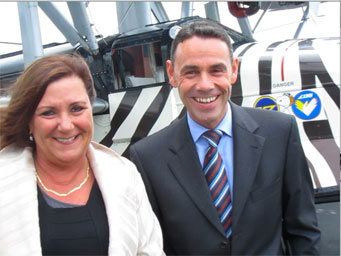 As we
spoke to MD Reto Hunziker (pictured
here with Heide Enfield) just prior
to his departure for a ski trip to
Switzerland, his voice, usually confident
in tone, somehow seemed a bit hollow.
As we
spoke to MD Reto Hunziker (pictured
here with Heide Enfield) just prior
to his departure for a ski trip to
Switzerland, his voice, usually confident
in tone, somehow seemed a bit hollow.